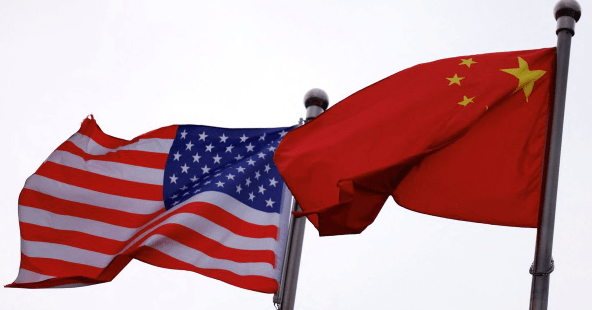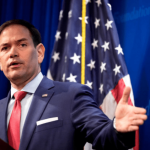In a carefully delivered address in Beijing, European Central Bank President Christine Lagarde issued a polite but pressing warning: the China trade policy impact is becoming a serious concern for global economic stability.
Speaking at the People’s Bank of China on Wednesday, Lagarde urged global cooperation to address the widening trade imbalance, with a clear message to both China and the United States.
Referencing economic crises of the 20th century, Lagarde stressed the urgent need for cooperative reform.
“If we are serious about preserving our prosperity, we must pursue cooperative solutions — even in the face of geopolitical differences. And that means both surplus and deficit countries must take responsibility and play their part,” she told the audience.
Her remarks come as fears grow that China’s aggressive export practices — the heart of China’s trade policy impact — could destabilise international trade frameworks and provoke economic retaliation.
Lagarde highlighted the West’s increasing unease with Chinese trade behaviour, which many believe is flooding global markets with cheap goods and undermining vital sectors.
“Given national security considerations and the experience during the pandemic, a certain degree of de-risking is here to stay. Few countries are willing to remain dependent on others for strategic industries,” she said.
This acknowledgement underscores the broader impact of China’s trade policy, not just on trade balances but on national security and industrial independence.
Her visit coincides with crucial trade discussions between American and Chinese officials in London. The deadlock reflects deeper concerns over supply chains, fairness, and the long-term impact of China’s trade policy on global markets.

Lagarde drew historic comparisons, pointing to the damaging effects of the tariff wars that led to the Great Depression.
“Coercive” trade policies, she warned, only worsen tensions and hinder recovery — a direct reference to the escalating trade disputes seen today.
Unlike the Cold War era, where trade disagreements were tempered by a shared Western goal to counter the Soviet bloc, today’s geopolitical climate lacks such unifying forces.
Lagarde noted that the absence of a shared strategy between the West and China makes today’s China trade policy impact all the more dangerous.
Although financial markets continue to speculate on the weakening dominance of the U.S. dollar and a possible rise in the euro’s role, Lagarde avoided the subject in her public remarks. An ECB spokesperson declined to confirm whether the topic was raised in private meetings with Chinese officials.
Lagarde’s central message was unmistakable: without coordinated efforts to address trade imbalances and ensure fairness, the China trade policy impact could drag the world toward another period of economic hardship.
Key Points
- Christine Lagarde urges China to reassess trade practices.
- Warns of the destabilising effects of the current China trade policy impact.
- Emphasises global cooperation to protect prosperity.
- Draws parallels to economic crises of the 20th century.
- Stresses strategic independence amid post-pandemic realities.






